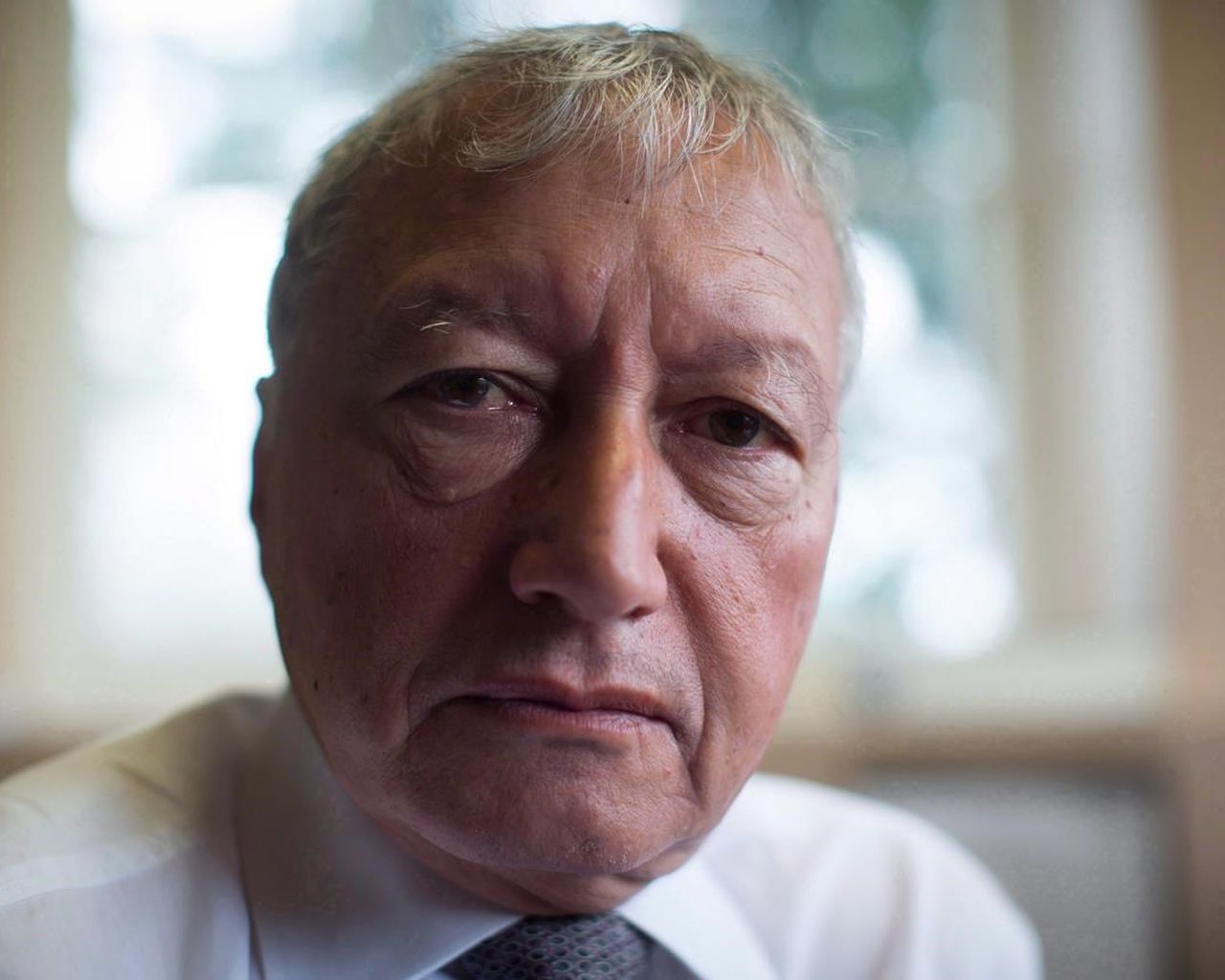DESIBUZZCanada
Events Listings

International Day Of Yoga To Be Virtually Celebrated Saturday At 4pm

CANCELLED: Coronavirus Fears Kills Surrey’s Vaisakhi Day Parade

ADVERTISE WITH US: DESIBUZZCanada Is The Most Read South Asian Publication Online

SURREY LIBRARIES: Get Technology Help At Surrey Libraries

WALLY OPPAL: Surrey Police Transition Update On Feb. 26

GONE ARE THE DAYS - Feature Documentary Trailer

Technology Help At Surrey Libraries

Birding Walks

Plea Poetry/short Story : Youth Contest

International Folk Dancing Drop-in Sessions
BC Court Of Appeal Decision Against Private Health Care Case Is Great News For Everyone
- July 20, 2022

By Harinder Mahil
British Columbia’s Court of Appeal ruled last week that a medicare law that prohibits patients from paying for faster access to health care does not violate their constitutional rights, even if they must endure longer waits in the public system. The decision is good news for all of us who want to see public healthcare strengthened.
The decision, released on July 15, upholds the law aimed at ensuring access to medical care in the public system is based on need, not a patient’s ability to pay.
Cambie Surgery Centre CEO Brian Day launched this constitutional challenge to public health care in BC in 2009 after he learned his private for-profit surgical clinics were going to be audited by the BC Government. The audit was triggered by patients who complained that they had been illegally over-billed at Cambie Surgeries clinics. An audit later revealed that Day’s clinics had overcharged patients by almost half a million dollars in just 30 days. At that point he challenged that ruling and filed a Charter challenge. He alleged that the Canada Health Act and provincial health legislation violate his freedom by restricting private, for-profit health care.
The Cambie Surgery Centre openly flouts the province’s medicare law by allowing patients to pay out-of-pocket for surgical procedures. He argues that patients have the right to pay out-of-pocket for necessary procedures if wait times in the public system are too long. The Cambie Surgery Centre sought to overturn provisions of B.C.’s Medicare Protection Act, including bans on extra-billing and private insurance, by invoking Section 7 of the Charter of Rights and Freedoms.
The B.C. Supreme Court had dismissed the constitutional challenge in September 2020. Justice John Steeves ruled that provisions in B.C.’s Medicare Protection Act did not violate patients’ charter rights. He found no evidence that anyone died from long waits, but that some patients were deprived of their right to security because of harms caused by excessive waits. However, his ruling was this deprivation was in accordance with “fundamental justice” because it was not grossly disproportionate, over-broad or arbitrary.

A three-judge panel with the B.C. Court of Appeal dismissed the challenge in a 142-page decision. Chief Justice Robert Bauman and Justice David Harris said that although the provisions do deprive some patients of their rights to life and security of the person, they do so in accordance with principles of fundamental justice because they ensure public health care is sustainable.
I strongly believe that health care should be there for everyone regardless of our capacity to pay. Our shared public healthcare system is the most effective way to deliver quality care to all.
Our public system is threatened by private clinics and large corporations who are seeking to make a profit out of providing physical and virtual care to patients. We do not want to see a system similar to that in the US where millions of people cannot afford to seek medical treatment because of prohibitive fees.
The right for Canadians to access public health care without financial duress has been at risk. We need private interests out of health care so that we can focus on advocating for improvements to our shared public health system.
Let us hope that the Supreme Court of Canada will take a similar position on the case if it gets there.
Harinder Mahil is a community activist and Secretary of the Dr. Hari Sharma Foundation for South Asian Advancement.

























